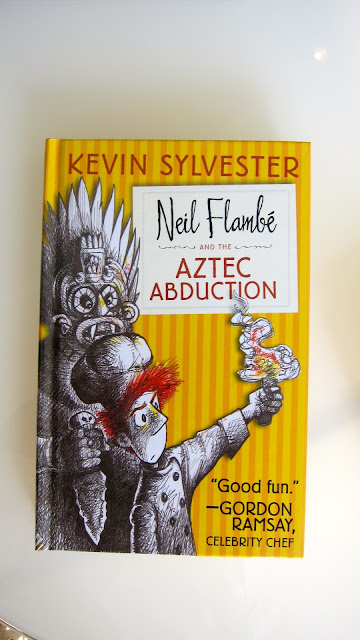Always trying to find interesting books for kids and to keep abreast of what is new and exciting in the book world, I have a few good books to recommend. I just finished reading these books over spring break...
Being adopted myself, I could absolutely relate to this book! I had tears at the end because no matter where you come from, it is the parents who raise and love you that are "your real parents"! This book is about a Korean boy, raised by Italian parents, and his quest to find out who he is. I loved the characters and felt the author did a great job showing the difficulty of wanting to protect your child but also support your child in their quest to find their identity! I think all adopted children, adults, and parents who adopt should read this book.
Fun stuff...a good adventure story about a blended family being stranded on a deserted island. This is the first in a series. Not heavy reading, but good survival material.
I was just introduced to this mystery series, and I think it is fun because it deals with cooking, mysteries, and history. The first book takes place in Vancouver, which is a great hook for students in this city. I just finished the first book, "Neil Flambe and the Marco Polo Murders" and I am going to read the second, "Neil Flambe and Aztec Abduction" and third, "Neil Flambe and Crusader's Curse".
Happy Reading!
























